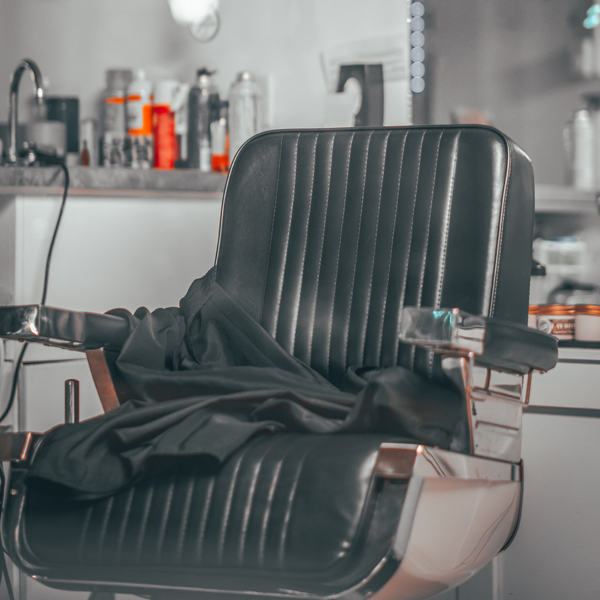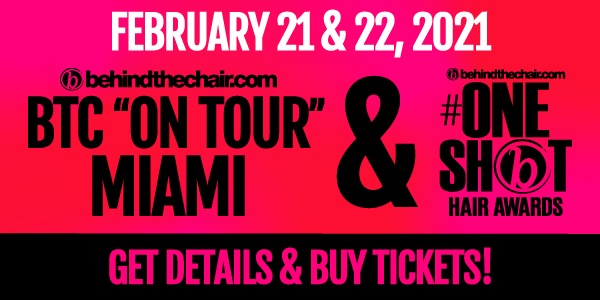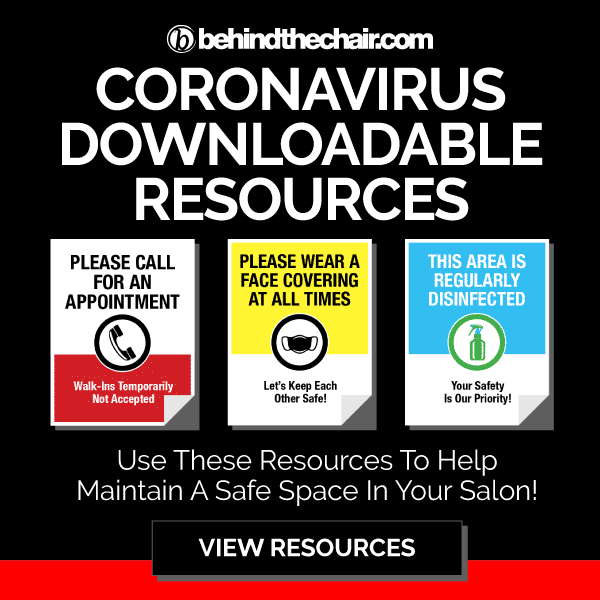Employees and COVID-19 Liability: What You Need To Know
Understand Your Risks and Options
Liability Concerns With Employees and COVID-19, Explained
Salon owners: Are you wondering if you should have employees sign liability waivers to protect your business from COVID-19 lawsuits? Almost 3,000 coronavirus related lawsuits have been filed already, including class action lawsuits against large companies. BTC did some research to help you understand how to protect your business and your staff—keep scrolling for the info!
Disclaimer: The information in this article is provided for informational purposes only, and should not be construed as legal advice on any subject matter. You should not act or refrain from acting on the basis of any content included in this article without seeking legal or other professional advice.
Of the COVID-19 lawsuits filed in the U.S., there are cases filed claiming lack of personal protective equipment (PPE), exposure at work, wrongful death or personal injury, according to law firm Hunton Andrews Kurth. For example, a wrongful death suit against Walmart filed by the family of an employee who died of COVID-19 complications claims the superstore did not follow recommended safety procedures. The suit asserts Walmart displayed “willful and wanton misconduct,” and did not provide adequate PPE, training or warnings, and did not screen for symptoms or implement social distancing guidelines.
New In The BTC Shop: Masks & Face Shields! BEST PRICE On PPE—Click Here To Shop Today!
There are steps you can take as a business owner to protect yourself against potential suits from customers—click here to read more about clients and COVID-19 liability—but when it comes to employees, things get a bit trickier. The bottom line is that it’s in your best interest as a business owner to protect yourself.
Are the hairdressers in your salon independent contractors? Click here to read what you need to know about COVID-19 liability!
How Salon Owners Could Be Held Liable For COVID-19 Transmission
If your salon employs hairdressers (you withhold payroll taxes from their earnings), COVID-19 liability could have expensive consequences if you don’t follow guidelines from federal, state and local authorities. There are a few ways in which your salon could be held accountable for exposing employees to coronavirus:
- Workers’ compensation
- Civil suits (such as personal injury claims)
- Occupational Safety and Health Administration (OSHA) violations
Some states have laws that state workers’ compensation claims are the only route for filing claims for on-the-job injuries if the injury was not intentional. It is possible there will be a trend of more employees claiming that their employer “egregiously” failed to follow workplace safety measures to minimize COVID-19 risk. This means if an employer absolutely does nothing whatsoever to minimize risk, that employer could open themselves to a workplace safety suit.
It will not be easy for an employee to prove that an employer intentionally allowed an employee to contract COVID-19, but it is possible. And in some cases, an employee could choose to file a personal injury suit instead of, or in addition to, a worker’s compensation claim. Why?
- Worker’s compensation benefits are capped, but a personal injury suit has the potential for a much higher recovery. This means in a personal injury suit, an employee could seek economic damages (think medical expenses, loss of income or loss of future earnings) or non-economic damages (such as compensation for pain and suffering).
- Even though it’s hard for an employee to prove their employer intentionally allowed the employee to contract COVID-19, the employee’s attorney may file a personal injury suit in the hopes the business owner would quickly settle to avoid lots of bad press or a drawn-out lawsuit.
- Speaking of bad press, a coronavirus-related lawsuit would get lots of media attention, which is a route some attorneys may choose to use as a bargaining chip.
Should You Ask W-2 Employees To Sign a COVID-19 Liability Waiver?
There are a few considerations when it comes to asking your employees to sign a COVID-19 liability waiver.
- Understand what a waiver can and cannot do. No liability waiver would protect an employer from gross negligence or willful, intentional misconduct—so if you aren’t following local, state and federal guidance on how to minimize risk and conduct business in the midst of COVID-19, you could still open yourself up to a lawsuit.
- If a waiver violates state and federal laws protecting workers’ rights, most courts won’t enforce it. Some states’ workers’ compensation systems don’t allow employees to sign away their rights to file a workers’ compensation claim if they contract a disease. Also, a COVID-19 liability waiver signed by an employee will not prevent OSHA from investigating a workers’ compensation claim.
- Waivers between employers and employees are not often upheld in court because they reflect “unequal bargaining power” between an employee and employer. For example, if you ask an employee to sign a waiver or not return to work, that puts the employee in a position where feels she must choose whether to make an income or lose her job.
- Asking employees to sign a COVID-19 waiver could have negative consequences. It could not only make employees feel as if the business owner doesn’t have their best interest at heart—it could also mean some employees do choose to quit the business.
How To Protect Your Salon From Employee COVID-19 Lawsuits
The best defense against a workers’ compensation or personal injury claim is to give your employees what they need to safely do their jobs—and to document your actions. If you closely follow federal, state and local recommended workplace safety practices, the risk of claims against your business will be lower. An executive order signed by the President in May also instructs government agencies to essentially “go easy” on businesses making a good-faith effort to follow federal best practices and guidelines for minimizing risk.
However, it is impossible for you to completely stop the coronavirus entirely, so it’s super important that your salon policies are well-documented.
Follow all applicable guidance.
- Start with the Centers for Disease Control & Prevention (CDC) guidance and then any state or local guidance on recommendations or requirements for reopening and conducting business.
- Follow these guidelines and be sure to update your policies and procedures as these guidelines are updated. This also means ensuring constant compliance with guidelines.
- Remember: While COVID-19 claims are a gray area now, they won’t be forever. It is possible that the CDC guidelines will become the baseline requirement for workplace safety claims.
Talk to and train employees.
- Educate employees about how to minimize the risk of spreading COVID-19 and document all policies, procedures and training sessions.
- Keeping employees informed about your steps as a business owner not only helps your defense in the event of a potential claim—it also fosters a sense of transparency and trust with your employees, and employees that feel cared for could be less likely to bring a suit against you.
Consider offering employee acknowledgement forms or self-certification forms.
Since you can’t always be in the salon, you do want to protect your business even when you aren’t there in person to make sure staff are adhering to new policies and protocols. Some management associations and other employment experts suggest the following instead of waivers:
- Acknowledgement forms indicating the employee has been trained in the business’ COVID-19 policies and procedures and understands his or her responsibility to follow these policies and procedures. This should have specific language to indicate that the form doesn’t waive any employee rights, so consult with your attorney.
- Self-certification forms to be used after illness that attest the employee is no longer experiencing symptoms and/or has been medically cleared to safely return to work. Again—ask your attorney to draft and review this type of form.









